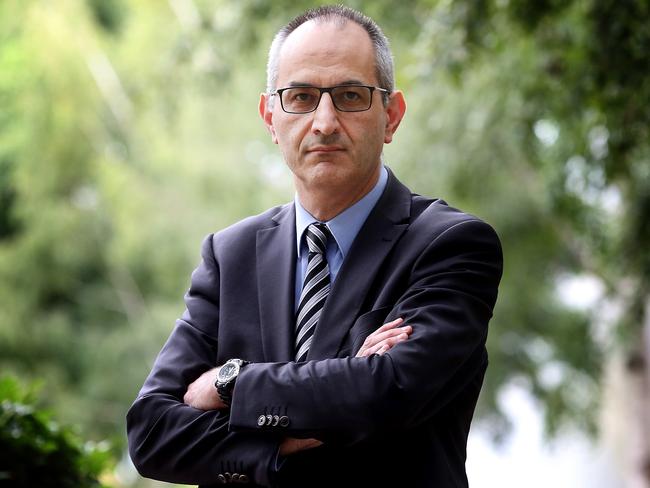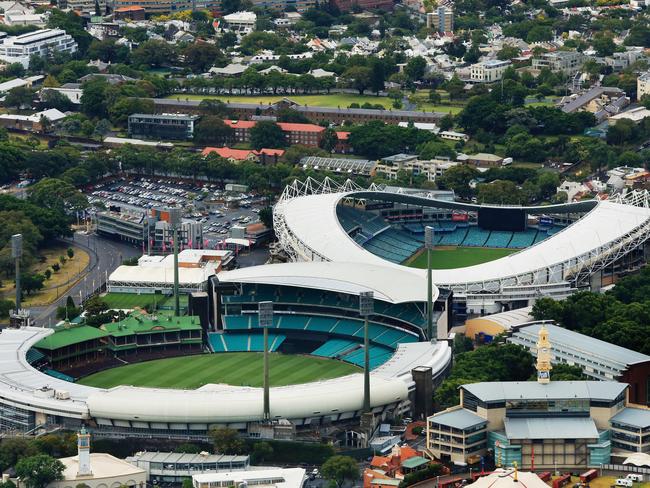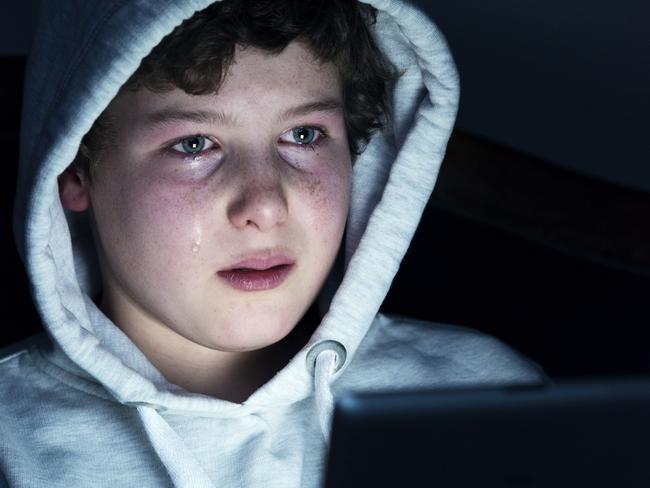Editorial: Detailed plan for migrants
AUSTRALIA’S post-WWII immigration drive was one of the largest and most successful ever undertaken. The new Home Affairs Department has devised a new plan to secretly investigate potential migrants. But Home Affairs secretary Michael Pezzullo says it can’t just be a simple test.
Opinion
Don't miss out on the headlines from Opinion. Followed categories will be added to My News.
AUSTRALIA’S post-WWII immigration drive was one of the largest and most successful ever undertaken. Our nation was built on the combined efforts of men and women fleeing war-ravaged Europe, working in unison with young Australians of the Baby Boom generation.
Later waves of Asian immigration were equally successful, as any number of spectacular Australian success stories easily attest.
One common element to those earlier immigration efforts was the relative ease with which they were accomplished. There was very little need, for example, to examine the motives of those arriving on our shores, because their motives were self-evident.
Those many thousands of people wanted better lives, and they knew Australia was the place where that betterment could be achieved.
More recent immigrants present greater complexities. While it cannot be doubted that these arrivals too are seeking better lives, we must acknowledge in the current era the very real danger of importing people who may be vulnerable to the lure of extremism.

In response to this, intelligence officers are now developing a detailed plan that would allow them to secretly investigate potential migrants.
Under the plan, being devised by the new Home Affairs Department, covert intelligence would be gathered on migrants’ likelihood to integrate and commit to Australian values of gender equality, freedom of speech and religion, obeying the law, allegiance to Australia and defending the country.
The plan will focus on three assessment points: when prospective migrants apply for residency from their home country, when they are in Australia and again when they apply for citizenship. This approach is intended to allow multiple checking of views and opinions, the better to build an overall picture of a migrant’s world view.
“It can’t simply be a test. You also have to link other data sources in to look at lived behaviour and experience,” Home Affairs secretary Michael Pezzullo told The Daily Telegraph.
Obviously, such an approach, if adopted, will be time-consuming and possibly very costly.
But it could also be a very necessary step in protecting Australians from beliefs and attitudes that would lead to serious danger.
Building a better Sydney
LORD only knows what Sydney might look like today if the anti-stadium forces had held sway in centuries past. No Harbour Bridge. No Opera House. A Sydney Cricket Ground stuck with its original wooden stands. No tunnels to ease traffic congestion.

Contrary to certain views, the government’s decision to raze two existing stadiums and create new venues is based on a rational policy of building a better Sydney. Retaining those outmoded venues would have left Sydney moored in the past. Refurbishment would have been the equivalent of a paint job on a worn-out car. Plus, the new venues will draw bigger crowds.
Cyber-bullying continues
OLDER Australians, who had already matured by the time the internet was created, might not appreciate the lure that social media presents for younger generations.
For those who have known and been involved in social media for their entire lives, the power of those platforms is overwhelming. As one of more than 1000 respondents to UK survey on cyber-bullying explained, social media is “almost like a drug”. And, just like a drug, social media can be very damaging — especially when you are young, vulnerable and find yourself the target of a social media attack.

Northern Territory teen Amy “Dolly” Everett found herself in exactly that situation, and could not discover a way to escape her online tormentors. Everett, a youngster of immense charm and potential, took her own life as a consequence of bullying.
The social media giants dispute this, but bullying nevertheless continues, anywhere that social media can be accessed.
Clearly these giants are simply not doing enough to protect the young.


